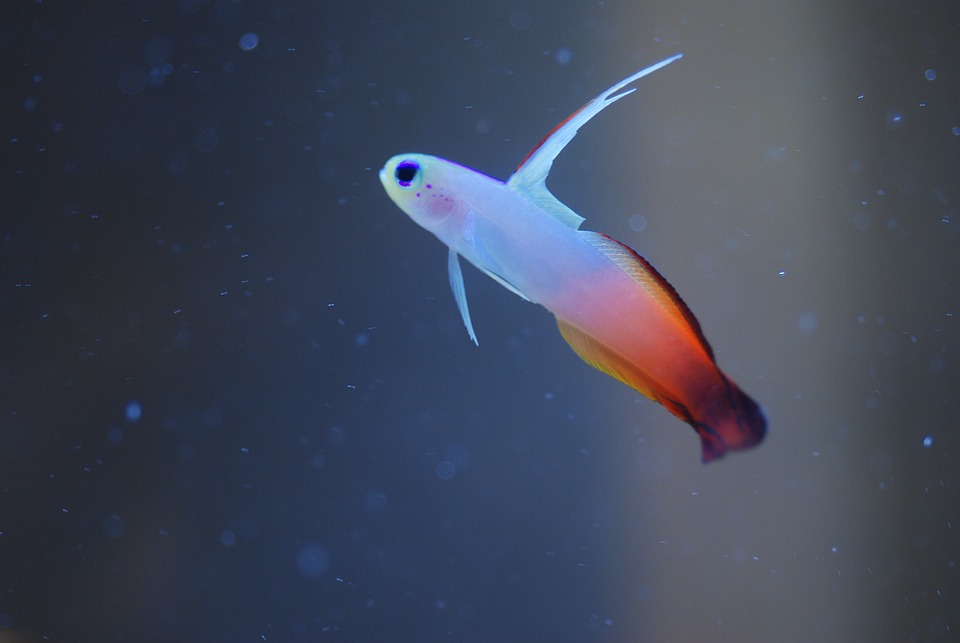Understanding Disease-Resistant Fish: A Comprehensive Guide to Their Sleep Behavior
Introduction:
Fish are an integral part of aquatic ecosystems and play a crucial role in maintaining the balance of marine life. However, diseases can significantly impact fish populations and pose a threat to their survival. In recent years, there has been a growing interest in understanding disease-resistant fish and their sleep behavior. This comprehensive guide aims to shed light on the importance of disease resistance in fish, factors influencing their resistance, and the role of sleep in maintaining their overall health.
1. The Significance of Disease Resistance in Fish:
Diseases can have devastating effects on fish populations, leading to mass mortality and ecological imbalances. Disease-resistant fish are crucial for maintaining the stability and sustainability of aquaculture. These fish possess inherent genetic traits that enable them to resist or tolerate various diseases, providing a more resilient and productive population.
2. Factors Influencing Disease Resistance in Fish:
Several factors contribute to the disease resistance of fish. Genetic factors and selective breeding play a significant role in enhancing resistance to specific diseases. By selectively breeding individuals with desirable traits, such as disease resistance, aquaculturists can develop more robust fish populations. Additionally, environmental factors, such as water quality, temperature, and habitat conditions, can influence a fish’s immune system and overall disease resistance. Adequate nutrition and immune system support through proper feeding practices also contribute to disease resistance.
3. Sleep Behavior in Fish:
Contrary to popular belief, fish do sleep, although their sleep behavior differs from that of mammals. Fish exhibit unique characteristics during sleep, including reduced activity levels, decreased response to stimuli, and altered brain wave patterns. Sleep patterns and duration vary among different fish species, with some exhibiting diurnal or nocturnal sleep habits. Sleep plays a vital role in maintaining a fish’s overall health and disease resistance.
4. Understanding Disease-Resistant Fish Sleep Behavior:
Sleep in fish is influenced by various factors, including sleep cycles and rhythms, environmental conditions, and stress levels. Fish have different sleep patterns and preferences, which are often influenced by their natural habitats. Adequate sleep is essential for maintaining a fish’s immune system, as it allows for the repair and regeneration of cells and promotes overall well-being. Stressors, such as poor water quality, overcrowding, and inappropriate lighting, can disrupt fish sleep and compromise their disease resistance.
5. Strategies to Promote Healthy Sleep in Disease-Resistant Fish:
To ensure optimal sleep and disease resistance in fish, it is crucial to provide them with optimal habitat conditions. This includes maintaining appropriate water quality and temperature, providing suitable hiding places, and minimizing disturbances during sleep hours. Proper nutrition and feeding practices also play a significant role in supporting a fish’s immune system and sleep health. Stressors should be minimized, and relaxation techniques, such as dimming lights and reducing noise, can be implemented to promote restful sleep.
FAQs (Frequently Asked Questions):
Q1: Do all fish species sleep?
A1: Yes, all fish species exhibit sleep behavior, although the patterns and duration of sleep may vary.
Q2: How can disease resistance be enhanced through selective breeding?
A2: Selective breeding involves choosing fish with desirable genetic traits, such as disease resistance, and breeding them to produce offspring with enhanced resistance.
Q3: Can fish develop insomnia or sleep disorders?
A3: While fish can experience disruptions in their sleep patterns, such as insomnia, sleep disorders are relatively rare in fish.
Q4: Are there any specific environmental factors that favor disease-resistant fish sleep?
A4: Disease-resistant fish may benefit from optimal water quality, appropriate temperature, and suitable habitat conditions that mimic their natural environment.
Q5: How does sleep impact a fish’s immune system?
A5: Sleep allows for the regeneration and repair of cells, which is crucial for maintaining a fish’s immune system and overall health.
Q6: What are some common stressors that can disrupt fish sleep?
A6: Poor water quality, overcrowding, inappropriate lighting, and excessive noise are common stressors that can disrupt fish sleep.
Q7: Are there any recommended sleep-inducing techniques for fish?
A7: Dimming lights, reducing noise, and providing a calm environment can help induce restful sleep in fish.
Conclusion:
Understanding disease-resistant fish and their sleep behavior is essential for maintaining healthy fish populations and sustainable aquaculture practices. By recognizing the significance of disease resistance in fish, considering various factors influencing resistance, and implementing strategies to promote healthy sleep, aquaculturists can contribute to the overall well-being and resilience of fish populations. The study of sleep behavior in disease-resistant fish continues to provide valuable insights into their health and disease resistance capabilities.









